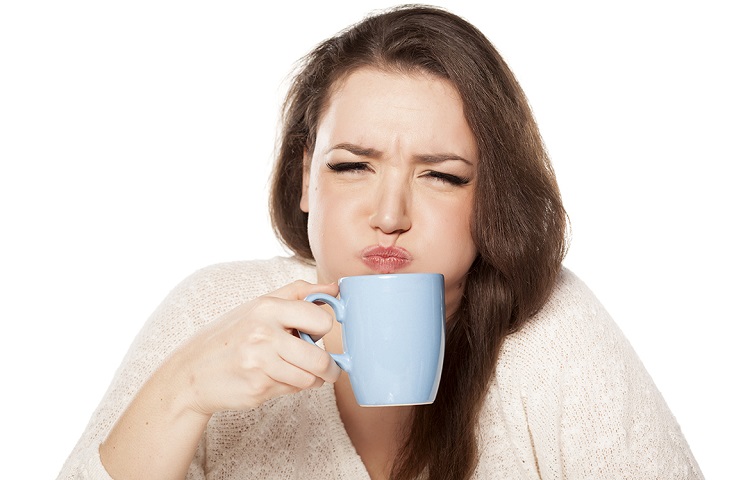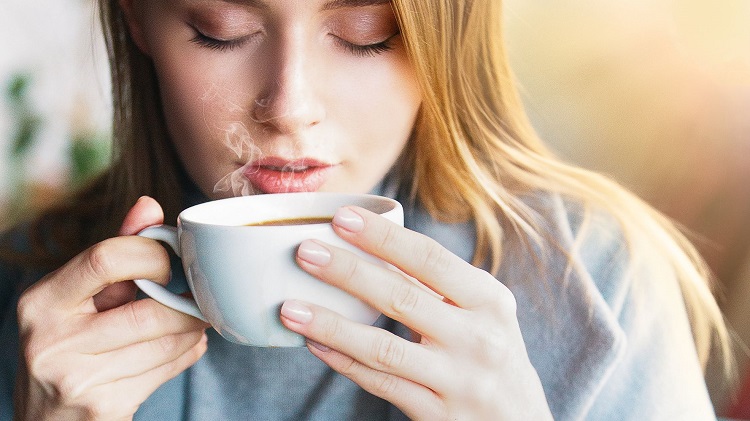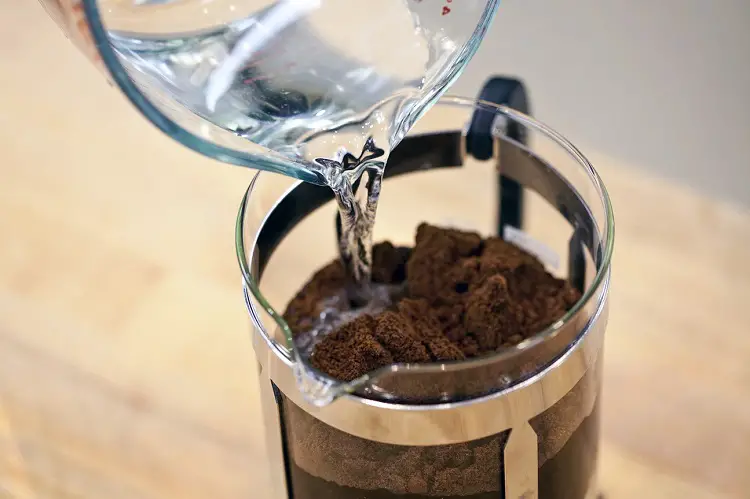Imagine you’re on your way to work, bringing the coffee you pressed at home in your favorite coffee tumbler. And as you open the lid for a quick cup of coffee, you’re hit with a bitter taste, instantly ruining what could be a perfect morning for you.
Something happened to your coffee, and you didn’t like it.
Don’t worry; this does not happen to you alone. Many people sometimes find that their coffee doesn’t taste as good as they’d like it to. And guess what?
In most cases, the problem is with the coffee beans themselves.
In this blog post, we’ll cover some common causes of coffee bitterness and how to fix them.
Why your coffee tastes bitter
Bitter coffee is often overly extracted coffee. The beans become over-brewed which results in a too bitter taste.
So here’s how over-extracted coffee usually happens:
You used too much water
When it comes to brewing coffee, water is essential. But using too much water can make your coffee taste bitter. If you use too much water, each coffee ground has access to more water than it needs.
This causes the coffee to be over-extracted, and the bitter compounds in the coffee are extracted along with the desired flavors. So, if you want to avoid bitterness, be sure to use the correct ratio of coffee to water.
Also read: Why does my coffee taste sour?
Extraction took longer than usual
To make that perfect cup of coffee, timing is everything. If you let the coffee brew for too long, the grounds will release bitter compounds into the water. This is why it’s essential to find the sweet spot in brew time.
For example, with a French press, you want to make sure that you press down the filter as soon as the coffee is made brewing. If you wait too long, the extra brew time will cause the coffee to be more bitter.
The same is true for pour-over cones. If your grounds are too fine, the water will take too long to drain, resulting in a more bitter taste.
Beans were grounded too fine
When it comes to coffee, the size of the grind can have a significant impact on flavor. The smaller the grind, the faster the water will extract flavors from the coffee.
This can lead to overly bitter coffee, as all of the good flavors will be removed first, followed by the more harsh and bitter tastes.
On the other hand, if the coffee grounds are too extensive, they will take longer to release their flavors, resulting in weaker and less flavorful coffee.
Your water is too hot
Brewing the perfect cup of coffee requires more than just hot water. The temperature of the water can significantly impact the final flavor of the coffee. When water is too hot, it can cause the coffee to be bitter.
This is because the hot water extracts the bitter flavors from the coffee beans earlier than they are supposed to be removed. As a result, the coffee can taste harsh and unbalanced.
The best way to avoid this problem is to use water between 195 and 205 degrees Fahrenheit. This temperature range will allow you to extract all of the desired flavors from the coffee beans without over-extracting the bitter flavors.
Over roasted coffee beans
This happens when the beans are roasted for too long, resulting in a burnt taste. Using pre-ground coffee, it’s hard to tell if the beans are over-roasted.
However, if you’re using whole bean coffee, you can usually tell by the color of the beans. They should be dark brown, but not black. If they’re black, they’re likely over-roasted.
How to fix bitter coffee
Now that we’ve covered some of the common causes of coffee bitterness let’s talk about how to fix it.
Important note, though, it’s vital that only one fix is followed, or you may end up with a much less flavorful coffee experience.
Use less coffee
If you find that your coffee is too bitter, one of the easiest ways to fix it is to use less coffee. This will reduce the amount of time that the water has to extract flavors from the beans, resulting in a less bitter cup of coffee.
Another way to reduce bitterness is to grind your beans more finely. This provides more surface area for the water to extract flavors from, resulting in a less bitter cup of coffee. Finally, you can try using a higher-quality coffee bean.
This will provide more flavor and fewer bitter compounds, resulting in a less bitter cup of coffee. By following these tips, you can quickly fix overly bitter coffee and enjoy a delicious brew cup.
Use a coarser grind
One way to reduce the bitterness of coffee is to use a coarser grind size. This allows the water to flow more slowly through the grounds, giving it less time to extract the bitter flavors.
Another way to reduce coffee bitterness is to use less coffee per cup. This will make the coffee less concentrated and therefore less bitter. Finally, you can try brewing your coffee for a shorter time.
This will result in a weaker coffee, but it may also be less bitter. Try out different processes and find the one that works best for you.
Also read: Best coffee for people who don’t like coffee
Brew for a shorter period
As we shared earlier, brewing for too long can cause coffee to be overly bitter. One way to fix this is to brew for a shorter period. This will reduce the amount of time that the water has access to the coffee grounds, resulting in a less bitter cup of coffee.
Another way to reduce bitterness is to use a coarser grind. This will also reduce the amount of time that the water has access to the grounds, resulting in a less bitter cup.
Finally, you can try adding more water to your brew. This will dilute the coffee, making it less concentrated and less bitter.
Use cooler water
As anyone who has ever made a pot of coffee knows, the water temperature can significantly impact the final flavor. If the water is too hot, it can extract bitter flavors from the beans, resulting in a cup of coffee that is too strong and unpleasant to drink.
One way to fix this problem is to use cooler water. This will slow down the extraction process and prevent the water from extracting the bitter flavors from the beans. As a result, you’ll be left with a pot of coffee that is more flavorful and enjoyable to drink.
Is there such thing as ‘good’ bitter
Is it possible to have coffee flavors that are bitter yet still delicious? The answer is yes! Like any other flavor, certain coffees are designed to be enjoyed despite their bitterness.
These coffees are typically darker roasts, as they have been roasted for longer and have less sweetness. If you like your coffee on the bitter side, try a dark roast next time you brew a pot. You may be surprised at how much you enjoy the rich, bold flavor.
Conclusion
In conclusion, coffee can taste bitter for a variety of reasons. The most common cause is over-extraction, which occurs when the water is in contact with the grounds for too long.
This can be fixed by using less coffee, brewing for a shorter period, or cooler water. Another common cause of bitterness is using coffee that is too finely ground. This can be fixed by using a coarser grind size.
Finally, some coffees are just naturally bitter. If you like your coffee on the bitter side, try a dark roast next time you brew a pot. You may be surprised at how much you enjoy the rich, bold flavor.
Next time you experience having a cup of bitter coffee, remember the tips we shared with you today.






